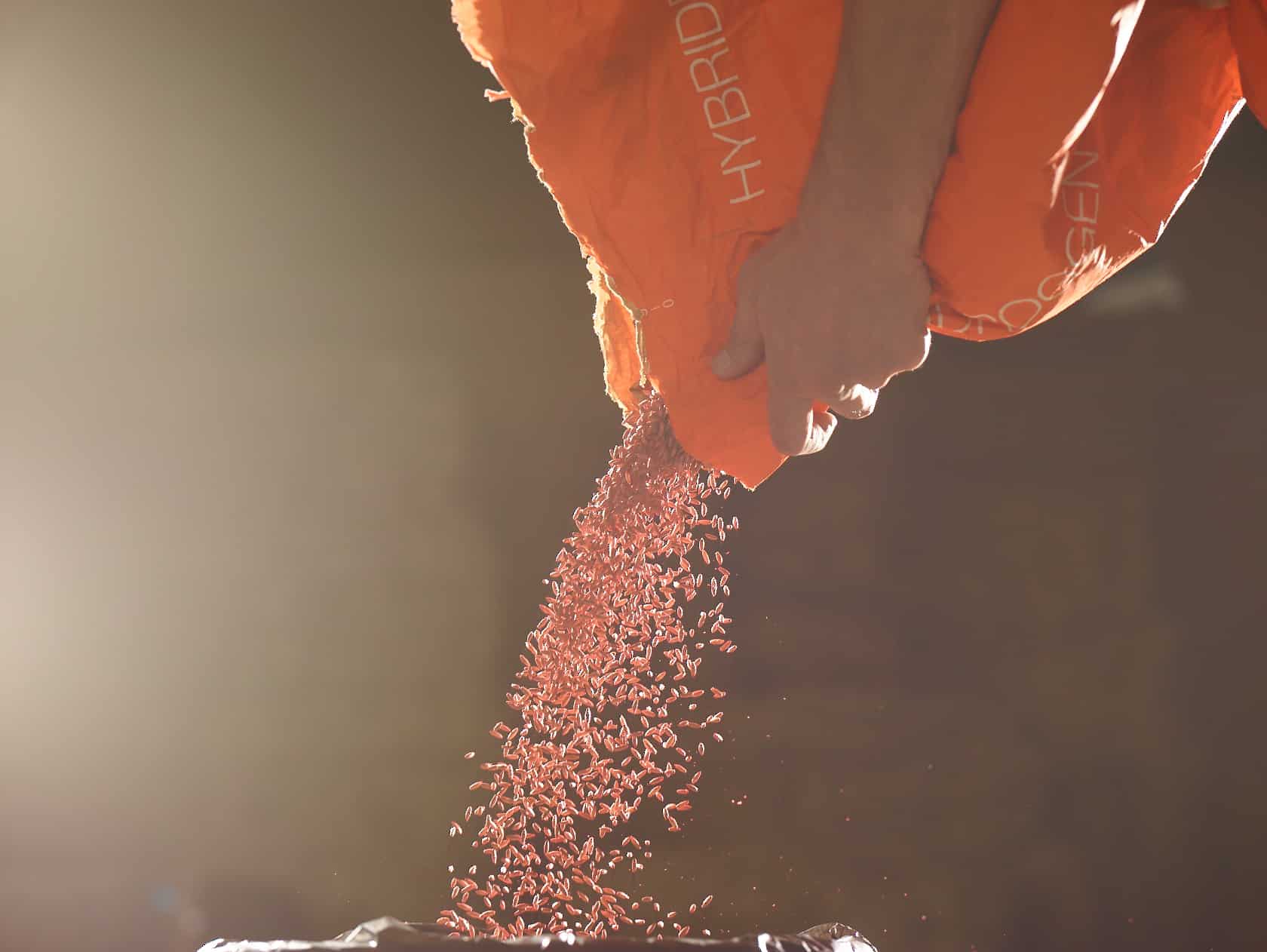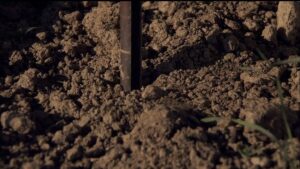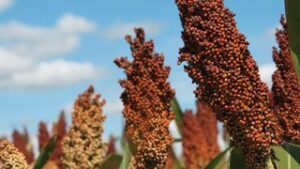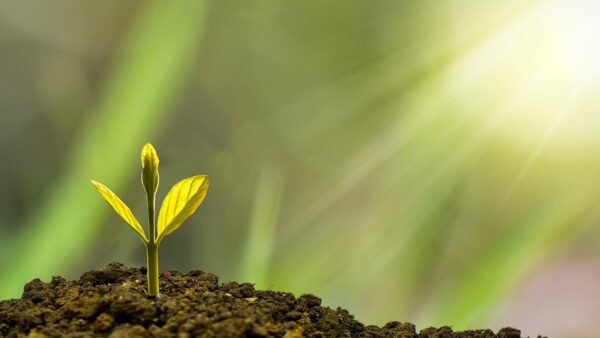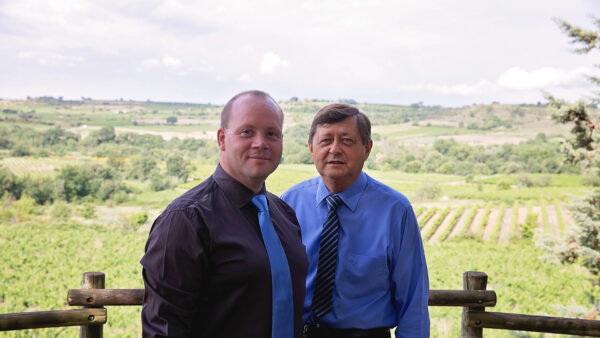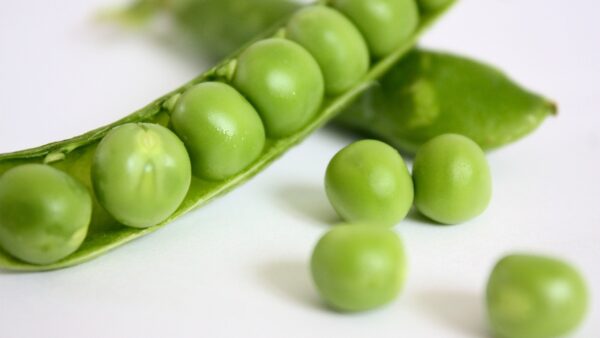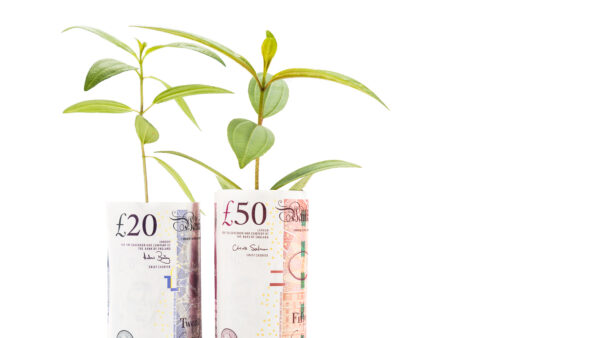The KWS Group increased its net sales in the first three months of 2019/2020 by 35.1% to €191.0 million, of which €27.0 million came from vegetable seed. On a comparable basis (excluding the acquisition of the vegetable seed business), sales increased by 16%. The KWS Group’s operating income (EBIT) in the first quarter is typically negative and was €, 39.2 (previous year:, 34.3) million. KWS still anticipates an increase in net sales of 8% to 12% and an EBIT margin of 11% to 13% for the fiscal year.
“We’ve got off to a highly dynamic start to the new fiscal year,” says Eva Kienle, Chief Financial Officer of KWS. “Our Corn and Cereals Segments performed very pleasingly as did our new vegetable seed business, which benefited from sustained high demand.”
Due to the strongly seasonal nature of the company’s business, the first quarter (July 1 to September 30) contributes only around 15% of total net sales for the fiscal year. The KWS Group’s operating income (EBIT) in the first quarter is typically negative and was €, 39.2 (,34.3) million. Although it posted a higher gross profit, there were also higher function costs for research and development, sales and administration. Income generated by receivables management activities also had a positive impact on EBIT in the previous year.
Net financial income/expenses was €, 22.2 (,18.3) million. Since the earnings contributions from the equity-accounted joint ventures do not materialize until the third quarter, net income from equity investments in the first quarter is well in the red. It totaled €, 16.9 (,16.0) million. The interest result was €, 5.3 (,2.4) million, and thus down on the previous year, due to an increase in interest expense.
Income taxes totaled €, 16.8 (,13.6) million. The result was net income for the period of €, 44.6 (,39.0) million or €, 1.35 (,1.18) per share.
The Corn Segment grew its net sales sharply by 28% to €44.4 (34.8) million in the first quarter. Growing business in the main markets of South America, Brazil and Argentina, made a major contribution to that. In the regions of Europe and North America, the first quarter sees no significant revenue from early sales of corn seed. The segment’s income was €, 37.5 (,41.2) million.
Net sales at the Sugarbeet Segment in the first quarter were €10.6 million and so at the level of the previous year (€13.3 million). Revenues mainly come from the sale of sugarbeet seed in the south of the U.S., Chile and North Africa. No significant net sales are generated in the other regions at this early stage. The segment’s income in the first quarter was €, 28.5 (,13.4) million. The fall in the segment’s income was partly due to the income generated by receivables management activities in the previous year.
Net sales in the Cereals Segment in the first quarter rose by 18% to €112.0 (95.3) million. This increase was mainly attributable to successful hybrid rye seed business (+35%), which benefited from good general conditions and, related to that, higher cultivation area. Whereas dry conditions for the sowing season hampered European winter rapeseed business, rye varieties deliver a relatively reliable yield under dry conditions than other cereal crops. The segment’s income increased to €36.6 (32.9) million, in particular due to higher contribution margins from hybrid rye business.
The Vegetables Segment, which includes the business activities of the vegetable seed producer Pop Vriend Seeds acquired effective July 1, 2019, made a significant contribution of €27.0 million to the KWS Group’s increase in net sales in the first quarter. On a pro-forma basis, the business has continued to grow dynamically and benefited from sustained high demand for spinach seed. The segment’s income was €6.0 million (or €12.0 million before acquisition-related effects).
Net sales in the Corporate Segment totaled €1.6 (1.2) million. They are mainly generated from the company’s farms. Since all cross-segment costs for the KWS Group’s central functions and basic research expenditure are charged to the Corporate Segment, its income is usually negative. The costs consolidated in this segment rose in the first three months, in particular as a result of intensified research and development activities and higher personnel costs as part of the reorganization project GLOBE. The segment’s income was €, 30.9 (,28.1) million.
The Executive Board still expects the KWS Group to grow its net sales sharply by 8% to 12%. Acquisition of the vegetable seed business of Pop Vriend Seeds and growing corn seed business should make major contributions to that. An EBIT margin between 11% and 13% is still anticipated.


